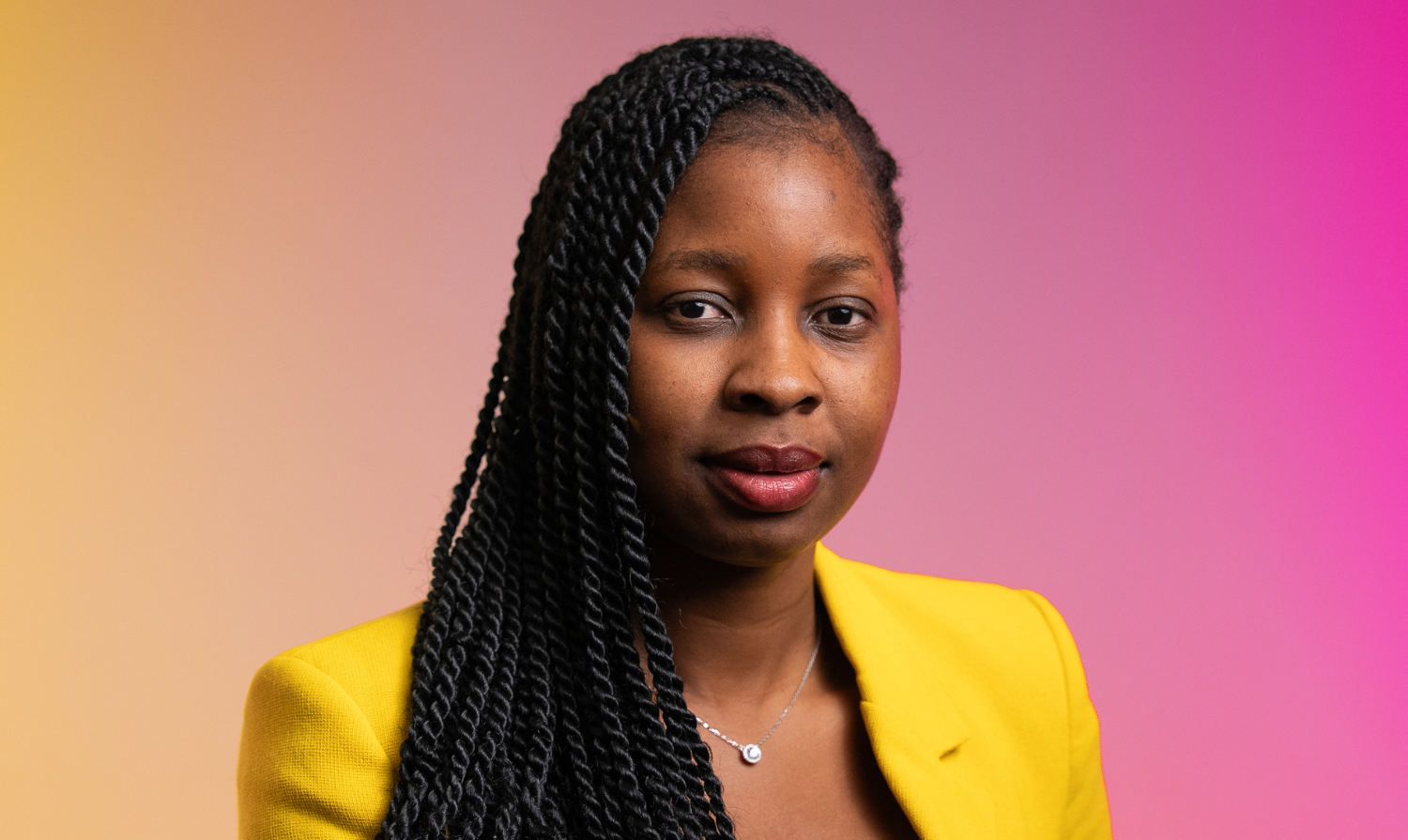‟ Research has made me very curious and observant. I strive to find meaning in everything around me, viewing things from different perspectives – almost as if I see the world in three dimensions. ”
Meet Progress Zivuku: her journey into technology began with an unexpected twist. After applying to pursue a career in medicine, she was placed instead in engineering. After initially resisting this change in her life’s path, she was surprised to enjoy and embrace the challenge. Now a research associate at SnT Luxembourg, Progress channels that early determination into developing novel technologies for 6G and beyond wireless networks, driven by a vision of bridging digital divides and connecting communities worldwide. Her path from Zimbabwe through Algeria, Italy, and finally Luxembourg has taught her the art of endurance, the value of multicultural collaboration, and the power of simply showing up, even when fear whispers otherwise.
What is your educational background?
I have a bachelor’s degree in telecommunications engineering from the University of Tlemcen in Algeria, a master’s degree in information and communication engineering from the University of Trento, Italy, and a doctorate in computer science from the University of Luxembourg. I joined SnT in July 2021.
What research are you working on?
I work on novel technologies for 6G and beyond wireless networks. The aim is to provide seamless connectivity at low cost and low energy consumption. Currently, I’m also working on private 5G networks for the manufacturing industry.
What motivates your work?
The potential of wireless communication technologies to bridge digital divides and empower communities motivates my work every day: this idea of connecting the world. I drew inspiration from industry leaders, but the person who truly shaped my path was my older brother, who pursued a career in IT. Through his example, I saw that the ICT industry wasn’t just for distant role models – it was a future I could help build.
Were you always interested in technology?
Honestly, no. I initially dreamed of studying medicine or pharmacy because I’ve always wanted to do something impactful. But during my bachelor’s, a mix-up placed me in engineering instead. At first, I tried to change it, but I failed. I pushed hard because I was afraid of the unknown, but later I told myself: this is it, I’m going to make it work. The fear motivated me to work even harder, and over time, I grew to love the field.
‟ I discovered that the tech world also offers incredible ways to make a difference, and that realisation sparked my passion. Looking back, I’m grateful it happened, because it helped me find a path I truly enjoy. ”
What has research taught you?
Research has made me very curious and observant. I try to understand and find meaning in everything around me, seeing things from different perspectives and angles. I have a three-dimensional view of literally everything. It’s a blessing and a curse, but I analyse and find inspiration everywhere, even just walking outside.
What’s been your biggest challenge and how did you overcome it?
My biggest challenge was imposter syndrome. How did I overcome it? I kept showing up every day, even when I was scared. I take one day at a time, do my best, pray and trust the process. Before you truly begin something, it’s easy to believe that the people who’ve achieved great things have something extraordinary that you don’t have. But my experience has taught me that success often comes from consistency, showing up, doing the work and hoping for the best.
How did your background shape your research career?
My background shaped me to not instantly give up. This helped me tremendously in research because it is a field that is sometimes good, sometimes rocky – there are ups and downs. My mindset of not giving up – of knowing that if I continue moving, I’ll find solutions to the problems I’m facing has helped me survive in this domain.
‟ We need to talk more about what women are doing, those breaking boundaries and doing great things. Young girls need to see that women can be mums, run families, and have successful careers. You can be all these things. ”
What unique challenges do women face in tech research?
Work-life balance, I think. Many women have responsibilities outside work such as their approach to motherhood, that can make balance challenging, especially when working in what’s considered a “man’s world”. We also face different challenges that we can’t always explain at work.
What does tech research need more of?
There must be more balance between women coming into STEM and men. It’s still pretty much a male-dominated environment. We need to empower girls to make it easy for them to understand this is something they can do: it is certainly possible with sufficient support. We need to talk more about what women are doing, those breaking boundaries and doing great things. Young girls need to see that women can be mums, run families, and have successful careers. You can be all these things.

